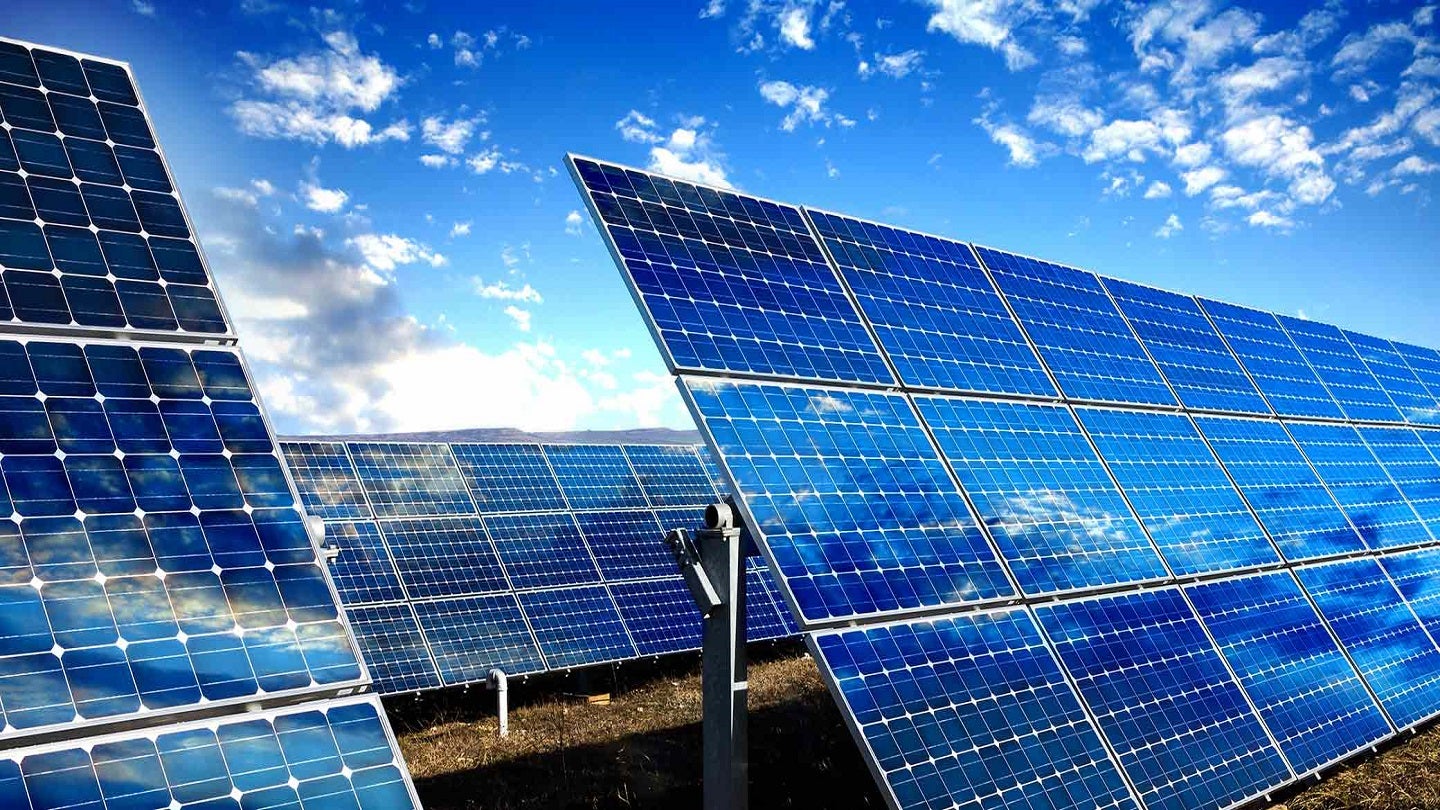What is a Solar Panel? What are its Types?

What is a Solar Panel? What are Its Types?
Solar panels are systems that convert solar energy into electrical energy, discovered as a result of the photovoltaic effect in 1839 by French physicist Alexandre Edmond Becquerel. Becquerel observed this effect during experiments with platinum plates.
- 1873: Willoughby Smith discovered photoconductivity in selenium.
- 1877: R.E. Day and W.G. Adams found that solid materials could exhibit the photovoltaic effect.
- 1946: Russell Ohl patented the modern PV solar panel.
- 1954: Silicon PV cells with 6% efficiency were developed by Bell Laboratories.
- 1970s: Interest in photovoltaic cells surged due to the oil crisis, accelerating R&D efforts.
What is a Solar Panel? What Does It Do?
Solar panels are systems designed to convert solar energy into electrical energy. Using silicon cells, they directly transform sunlight into electricity, which can be utilized in residential and commercial settings.
- Advantages: Environmentally friendly and renewable energy source.
- Applications: Used in homes, workplaces, and solar power plants.
How are Solar Panels Made?
The manufacturing process of solar panels includes the following steps:
- Silicon Purification: Pure silicon is refined to 100% purity.
- Chemical Processing: Small pyramids are created on the surface of the silicon plates to reduce reflection.
- Phosphorus Injection: Phosphorus is injected into the silicon plates at high temperatures to create poles for electric current generation.
Types of Solar Panels
Monocrystalline Solar Panels
- Made from high-purity silicon.
- Offers the highest efficiency (up to 20%).
- Used in advanced applications like space stations.
Polycrystalline Solar Panels
- More cost-effective compared to monocrystalline panels.
- Efficiency ranges between 13% and 16%.
Flexible Solar Panels
- Made from lightweight and flexible materials.
- Ideal for specialized applications like electric bikes, boats, and sloped roofs.
What to Consider When Choosing a Solar Panel?
Key considerations when selecting a solar panel:
- Quality and Warranty: Opt for long-lasting, high-quality panels.
- Efficiency: Panels with higher wattage are more economical in the long term.
- Durability: Panels made from robust materials ensure longer service life.
Benefits of Using Solar Panels
- Cost-Effective: Reduces energy expenses ın the long run.
- Environmentally Friendly: Relies on renewable energy sources.
- Ease of Use: Provides power in areas without access to electricity grids.
Solar panels are widely used in agricultural areas and remote regions. They can also be easily installed on rooftops and large balconies to meet energy needs efficiently.
